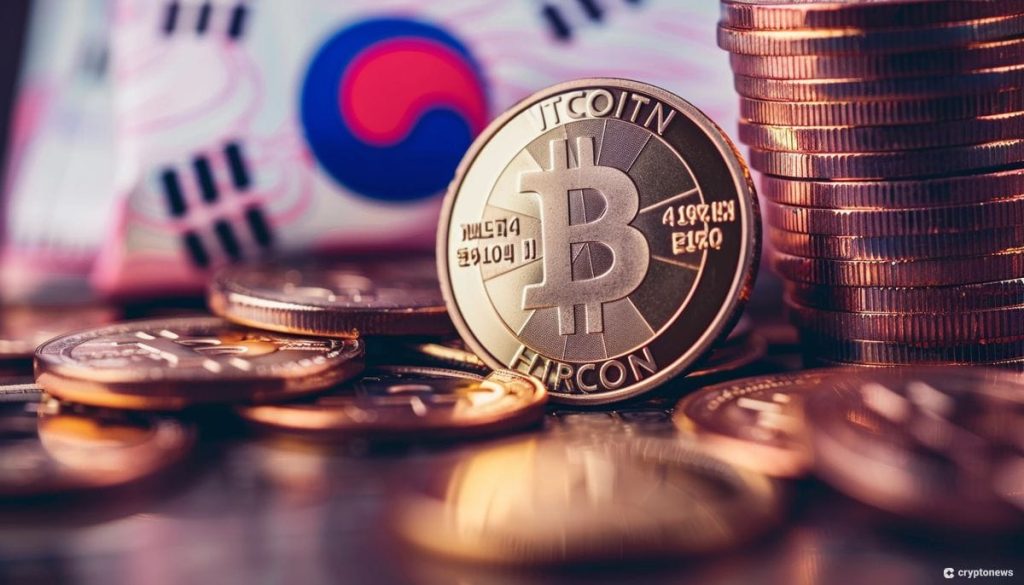South Korea is taking steps to introduce stricter regulations for token listings on exchanges, with plans to block tokens that have been hacked. The country’s financial authorities are expected to release guidelines for virtual asset trading support, which have been in the works since last year. The guidelines are expected to be published by the end of this month or early next month, ahead of the implementation of the Virtual Asset User Protection Act in July. The Financial Supervisory Service has been collaborating with exchanges such as the Digital Asset Exchange Association (DAXA) to develop these listing guidelines.
The upcoming guidelines specify that virtual assets with a history of hacking or security incidents will not be eligible for listing unless the cause of the incident has been adequately explained and the damages have been recovered. Several hacking incidents targeting domestic virtual asset projects in recent months have led to the compromise of coins such as Galaxia, Orbit Chain, Somesing, and Play Dapp. These coins were delisted from DAXA-affiliated exchanges due to failure to identify the cause of the hacks. Going forward, re-listing for assets that have experienced hacking incidents will likely be impossible without clear identification and resolution of the causes. Additionally, for overseas virtual assets to be listed, there must be a white paper or technical manual available for domestic use.
The guidelines also outline delisting standards, stating that virtual asset projects that fail to comply with disclosure obligations will be delisted. One common example mentioned is a discrepancy between the actual distribution volume and the publicly announced distribution volume. While the contents of the listing guidelines have been largely finalized, the exact announcement schedule is not yet clear. Last month, South Korea’s chief of the financial watchdog mentioned the potential approval of spot Bitcoin exchange-traded funds (ETFs) in the country. There are differing opinions among authorities on this matter, with South Korea’s rival political parties vying for support from crypto investors, a key voting group, as the general election approaches.
The Financial Supervisory Service, along with exchanges like the Digital Asset Exchange Association, has been working on these listing guidelines to ensure a safer and more secure environment for virtual asset trading in South Korea. The guidelines are expected to prevent tokens that have been hacked or have unresolved security issues from being listed on exchanges. The country has seen several hacking incidents targeting domestic virtual asset projects in recent months, leading to the compromise of various coins. Delisting standards have been outlined in the guidelines, with projects failing to comply with disclosure obligations facing delisting.
The guidelines also address the listing of overseas virtual assets, requiring a white paper or technical manual for domestic use in order for them to be listed. An exception provision has been included for virtual assets traded on overseas exchanges for more than two years, allowing certain criteria in the listing guidelines to be skipped. South Korea’s financial authorities are expected to release these guidelines for virtual asset trading support by the end of this month or early next month. The country’s political parties are also presenting policy proposals to institutionalize crypto-assets, with differing approaches. Overall, the introduction of these stricter regulations aims to enhance transparency and security in the virtual asset trading market in South Korea.


